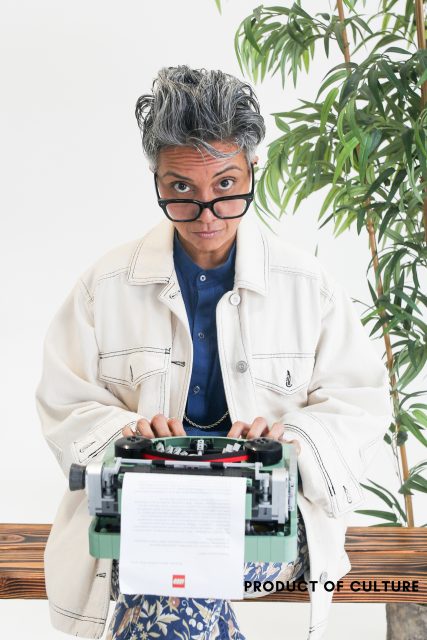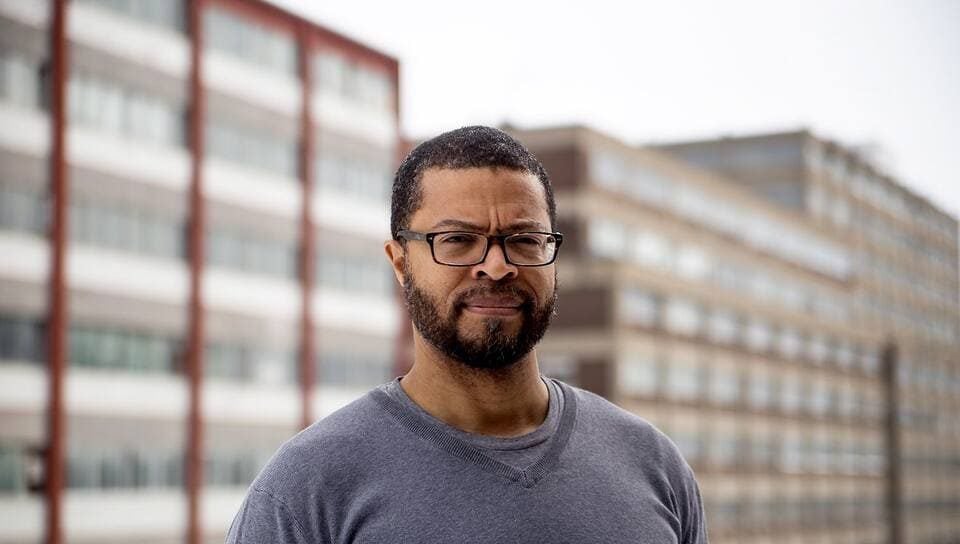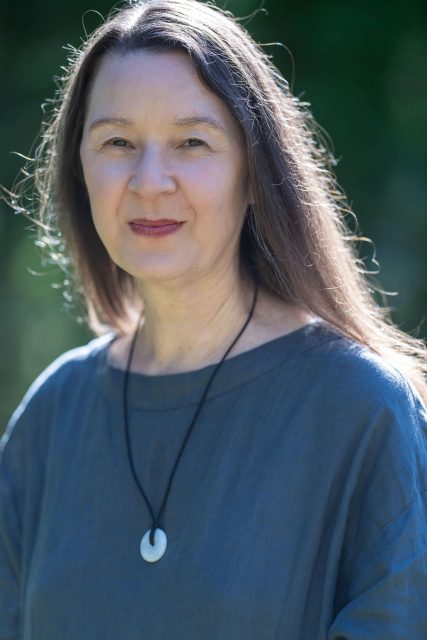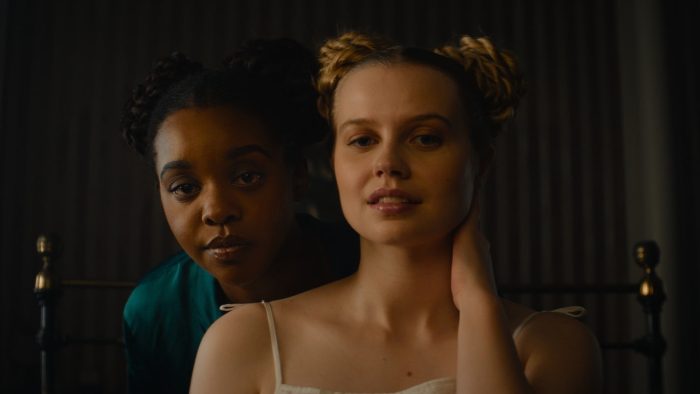As TIFF turns 50, three filmmakers reminisce
The Toronto International Film Festival mounts its 50th edition this year. To celebrate, we speak with three Canadian filmmakers about their experiences bringing films to TIFF for the first time.
Writer/directors Fawzia Mirza and Henri Pardo brought their first features to TIFF in 2023. Veteran director Ann Marie Fleming is a TIFF stalwart who launched her career at the festival in 1989 with the short film she used to graduate from art school.
When asked to recall their TIFF debuts, they all acknowledge the festival’s glitz and glamour, but their experiences were far more intimate and emotional — sharing their finished films with cast, crew and family, fending off opening night nerves and, most importantly, realizing they’d earned a coveted place in Canada’s filmmaking community.
FAWZIA MIRZA

Fawzia Mirza’s feature-length directorial debut, The Queen of My Dreams, made its world premiere at the 2023 festival. The Bollywood-infused dramedy draws on Mirza’s life as a gay Muslim woman and her mother’s upbringing in 1960s Pakistan. The film made TIFF’s Top Ten list of Canadian films for 2023.
Honestly, I think I was outside my body for most of the world premiere, but I do know I couldn't wait for the cast and crew in the audience to watch what we made together. It was a dream when everyone sang the inspirational song, “Mere Sapnon Ki Rani,” during the credits, in true South Asian fashion.
But there was one moment that stood out that night. It happened in the green room, the cast and crew, friends, family, agents, TIFF folks were all together. And then I got a call. It was a FaceTime...from my mom. I had invited her to the screening and she said she would look into it. But, you see, my mother hasn't watched any of my work. I didn't argue or fight with her about coming, I just put it out there. And we didn't talk about it again. But she knew that night was the premiere, so she called me at the absolute perfect moment. I showed her to everyone, they all said 'Hi,' and for a moment we cried. I got to share with her the feeling of her child's triumph.
Making a film is a miracle. Finishing it, getting it ready for a festival, inviting people, throwing a party, all on your own, is a dizzying experience. My wife and I joke that it's like we were throwing the massive wedding reception we never had.
HENRI PARDO

In Henri Pardo’s film Kanaval, a Haitian mother and her young son relocate to rural Quebec where they move in with an older couple. The film, a Canada-Luxembourg co-production, was Pardo’s first narrative feature and premiered as part of TIFF 2023’s Centerpiece program. It won the festival’s Amplify Voices Award for Best Film.
We finished the film two days prior. I was in Luxembourg with our co-producers finishing the last touches on sound and incorporating music, so I saw the film once before the TIFF opening.
What was great was that most of my crew showed up in Toronto. They came up from Montreal. They found Airbnbs, cheap hotels, whatever they could. And it was a surprise to see at least 30 people from the cast and crew there for the premiere at TIFF. Nerve-racking as hell, but it really went well.
It was my first feature film. I've done documentaries that were shown in other festivals, but at TIFF I felt like I was home.
Winning the Amplify Voices Award gave the film a certain sort of legitimacy. And also knowing that Canada and TIFF are going in the right direction regarding diversity, regarding people whose voices haven't been heard. That prize is really important. I'm very happy to have won that award and gotten that recognition.
And when I'm elsewhere, people notice and say Canada and TIFF are not just making the effort, they’re doing the work — the work we need to do.
ANN MARIE FLEMING

Vancouver’s Ann Marie Fleming has been attending TIFF for as long as she’s been making movies, beginning with her 1989 short film, You Take Care Now. She’s won two Best Canadian Short Film Awards at TIFF — for 1990’s New Shoes: An Interview in Exactly 5 Minutes and 2002’s Blue Skies, a response to the previous year’s TIFF, when, on the sixth day, the September 11th attacks brought the event to a standstill. Her feature films The Magical Life of Long Tack Sam (2003), Window Horses (2016) and Can I Get a Witness? (2024) all screened at TIFF.
My first film at TIFF was in 1989 with You Take Care Now, but I honestly don’t remember much about the screening. Having a short in a program is so much less pressure than having a stand-alone feature!
This festival world was new to me. I hung out with volunteers a lot, but I remember meeting New Zealand filmmaker Garth Maxwell and convincing him to see my film, and that opened a whole conversation between the two of us.
What I loved most about TIFF’s early days was being able to meet people and discover and discuss films from all over the world. Everyone was so supportive.
When I won the award for Blue Skies I was already on a train going back to Vancouver, about to lose cell service, when I was called to say, “Come back!”
But it was too late.
Blue Skies was my personal response to 9/11, which had happened the year before. In 2001, my film Lip Service: A Mystery, which had gotten some nice pre-festival press reviews, never had its premiere, because on that day, the world changed. I wanted to say something about our collective grief and how the arts help us through the worst of times.
I could not have been more surprised to have won. I was able to buy myself some media equipment with the prize money, which was wonderful. I may be the only person to have received this award twice because most live-action filmmakers don’t continue to make short films.
When I started going to TIFF it was The Toronto Festival of Festivals, and was a much smaller festival, bringing us the best of international cinema. As it’s grown and changed into TIFF, with its large international stature, Canadian films have always been an equal part of the film mosaic.
It means something for distribution and future funding that your film got into TIFF. You have the potential to attract national and international press and industry eyeballs and ears.



